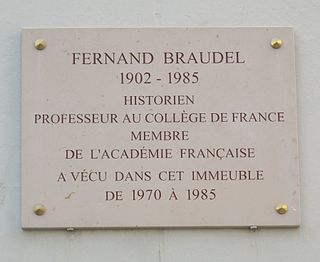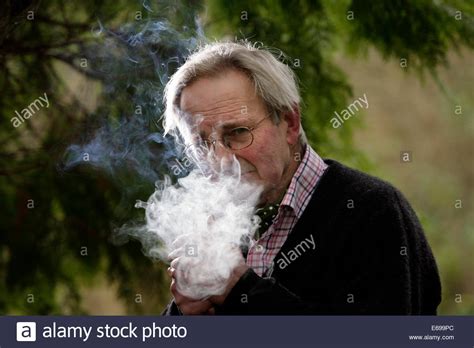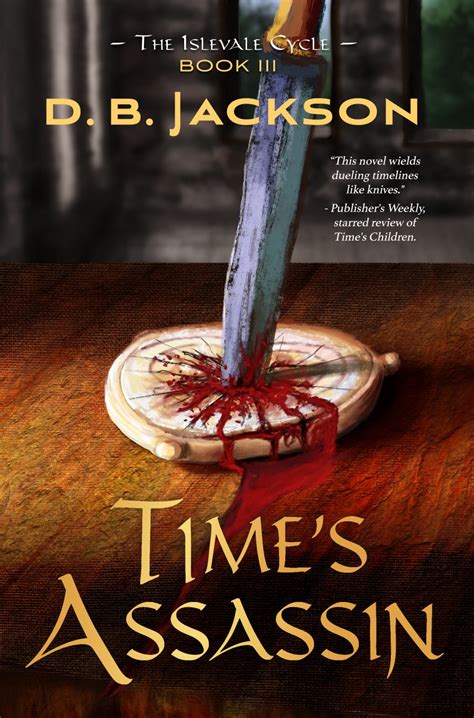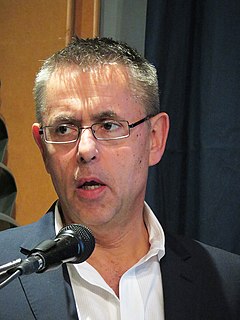A Quote by Sarah Weinman
While every historical era has its unique appeal as a setting for tales of crime and detection, the 19th century is exceptional - it brought about so much change on social, political, geographical, and technological fronts that the mix proves to be an irresistible one to mystery writers.
Related Quotes
There is not one particular moment that can account for the shift from the social issue concerns of 19th-century evangelicals into the state of American evangelicalism today. Some historical moments are telling. The rise of biblical criticism in the 19th century forced evangelicals to make choices about what they believed about the gospel.
America in the 1800s isn't quite the historical mystery hotbed as the same period in the country it bested in the War of Independence, but its unique spectacle of rapid social change and the lingering influence of its literary voices act in a parallel manner upon crime fiction chroniclers devoted to this side of the Atlantic.
The Anglo-American tradition is much more linear than the European tradition. If you think about writers like Borges, Calvino, Perec or Marquez, they're not bound in the same sort of way. They don't come out of the classic 19th-century novel, which is where all the problems start. 19th-century novels are fabulous and we should all read them, but we shouldn't write them.
People have asked me about the 19th century and how I knew so much about it. And the fact is I really grew up in the 19th century, because North Carolina in the 1950s, the early years of my childhood, was exactly synchronous with North Carolina in the 1850s. And I used every scrap of knowledge that I had.
Though now we think of fairy tales as stories intended for very young children, this is a relatively modern idea. In the oral tradition, magical stories were enjoyed by listeners young and old alike, while literary fairy tales (including most of the tales that are best known today) were published primarily for adult readers until the 19th century.
Events are the ephemera of history; they pass across its stage like fireflies, hardly glimpsed before they settle back into darkness and as often as not into oblivion. Every event, however brief, has to be sure a contribution to make, lights up some dark corner or even some wide vista of history. Nor is it only political history which benefits most, for every historical landscape - political, economic, social, even geographical - is illumined by the intermittent flare of the event.
Upward mobility across classes peaked in the U.S. in the late 19th century. Most of the gains of the 20th century were achieved en masse; it wasn't so much a phenomenon of great numbers of people rising from one class to the next as it was standards of living rising sharply for all classes. You didn't have to be exceptional to rise.
Today the crime novelist has one advantage denied to writers of 'straight' or 'literary' novels. Unlike them he can range over all levels of society, for crime can easily breach the barriers that exist in our stratified society. Because of these barriers the modern literary novel, unlike its 19th-century predecessors, is often confined to the horizontal, dealing only with one class. But crime runs through society from top to bottom, and so the crime novelist can present a fuller picture of the way we live now.
If we hope to stem the mass destruction that inevitably attends our economic system (and to alter the sense of entitlement - the sense of contempt, the hatred - on which it is based), fundamental historical, social, economic, and technological forces need to be pondered, understood, and redirected. Behavior won't change much without a fundamental change in consciousness. The question becomes: How do we change consciousness?
There's never been a pandemic which hasn't exploited a change in the way we live - politics, social structure, technological change, warfare, it's always something that we humans have done or are doing that's tilled the soil for the pandemic and the solution to it is usually social, behavioural and political.































